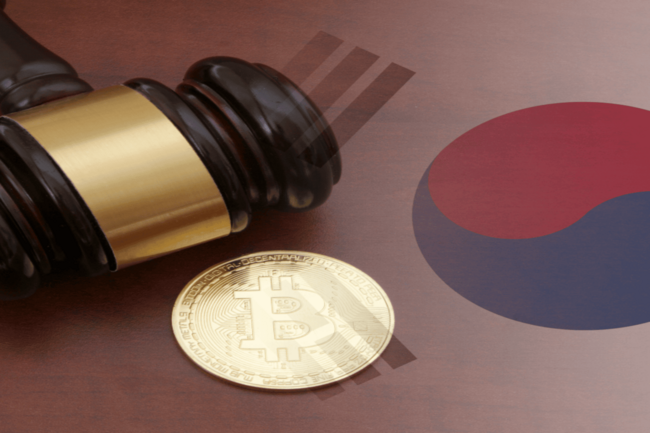Highlights:
- VAUPA mandates 80% of crypto funds in cold storage for enhanced security
- A new law requires user fiat in licensed banks, segregating company and client funds
- South Korea debates delay of 20% crypto capital gains tax till 2028
On July 19, 2024, South Korea officially enacted the Virtual Asset User Protection Act (VAUPA), a pivotal development in cryptocurrency oversight. This legislation follows high-profile financial upheavals involving Terra-Luna and FTX in 2022, accelerating its adoption.
SOUTH KOREA'S NEW CRYPTO REGULATORY LAW NOW IN EFFECT: FACTS…
– South Korea’s Virtual Asset User Protection Act (VAUPA) officially took effect on July 19, 2024, marking a crucial milestone in the regulation of the country’s expanding cryptocurrency market.
Here’s a breakdown… https://t.co/sy06gK7ayB pic.twitter.com/YPNGgAgU7W
— BSCN (@BSCNews) July 19, 2024
South Korea’s VAUPA: Enhancing Crypto Security
VAUPA aims to instil robust regulatory frameworks in the nation’s vibrant cryptocurrency sector, promoting market order and user security. A key component of the new law mandates cryptocurrency exchanges to place at least 80% of user funds in cold storage. This method secures assets offline, shielding them from cyber threats.
Moreover, the act requires that all fiat currency deposits from users must be held in officially licensed banks. This arrangement ensures a clear separation of company and client funds, reducing the risk of misuse. The Financial Services Commission (FSC), South Korea’s chief financial regulator, now demands that exchanges implement advanced monitoring systems. These systems are crucial for identifying and addressing suspicious trading activities promptly.
Under VAUPA, the FSC is empowered to enforce compliance strictly. The commission can impose penalties or suspend exchange operations that fail to meet the required standards. A dedicated 24/7 surveillance network has been established in cooperation with domestic exchanges to support this. This network plays a crucial role in maintaining continuous oversight of market activities.
Future Directions in South Korea’s Crypto Regulation
Despite these advances, the regulation of cryptocurrency issuance remains undefined. Kim Hyoung-joong, president of the Korea Fintech Society, emphasizes the need for distinct laws governing the creation of new virtual assets, a sector still in a legal gray zone.
The introduction of VAUPA marks just the initial phase of planned regulatory updates in South Korea. Discussions are ongoing concerning additional legislative measures, which may address the regulation of token issuers and the potential revision of bans on institutional crypto investments. South Korea is recognized as one of the most active global markets for cryptocurrency, with the Korean winning as the preferred fiat currency for crypto transactions in early 2024. The government remains focused on balancing investor protection with promoting innovation within the burgeoning crypto industry.
Debating Crypto Tax Delays in South Korea
There is also ongoing debate about postponing the implementation of a 20% capital gains tax on crypto profits, initially set for enforcement in 2022 but delayed due to industry pushback. The current market downturn and concerns over stifling innovation have fueled arguments for deferring the tax introduction until 2028.
As South Korea continues to refine its cryptocurrency regulations, the global community watches keenly, recognizing the potential model it offers for balancing regulation with technological advancement in the digital assets space.





